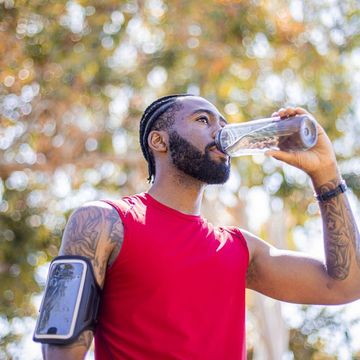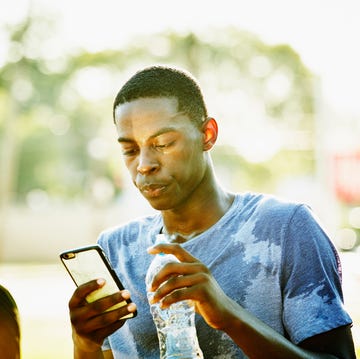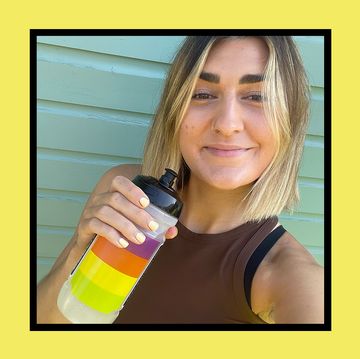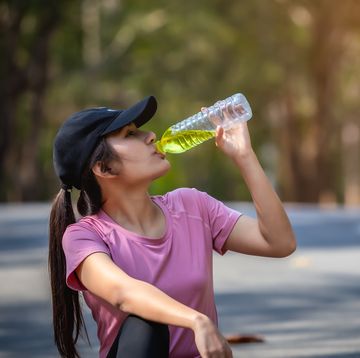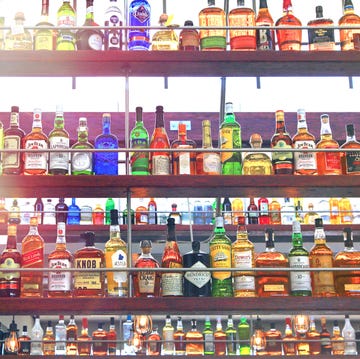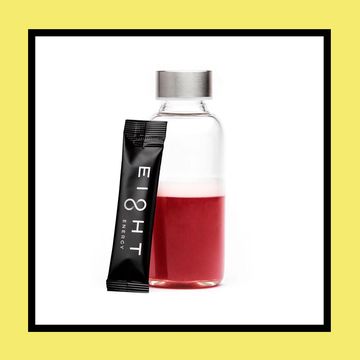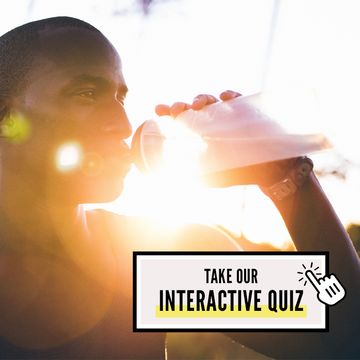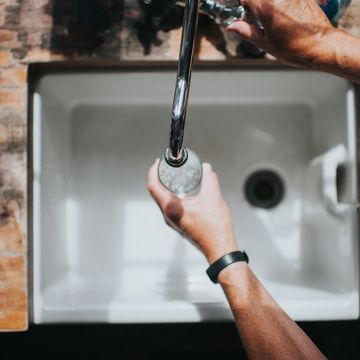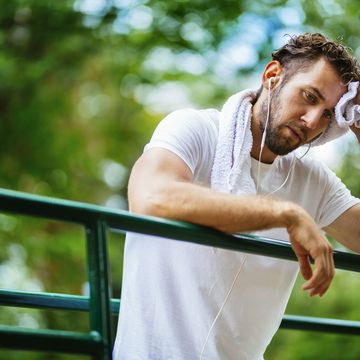Runners, like all athletes, need plenty of liquids to perform at their best. That inarguable fact is the easy part but things quickly become murky, because for years there has been conflicting reports about what, when and how much to drink before, during and after sessions. It's time to separate the facts from the fiction.
Myth 1: Replace every lost litre
For a long time we've been told in stern tones to drink enough so that we weigh the same after a run as we did beforehand. The truth is that your body cannot absorb fluids as quickly as it loses them, and, importantly, not every gram of weight is lost through sweat.
Why all runners should be drinking cactus juice
Replace about 75 per cent of the fluid lost in sweat during a long run. "To do that, you must know your sweat rate," says sport nutritionist Monique Ryan, author of Sports Nutrition for Endurance Athletes. To determine your sweat rate, weigh yourself before and after a run. "An hour-long run is a good indicator of what you're losing through sweat alone," says Ryan.
Related: 9 dehydration symptoms that aren't thirst
Myth 2: Overflow before you go
Health & Injuries.
Runners World, Part of the Hearst UK Wellbeing Network
Drinking loads before a race will do little more than send you searching for loo stops. Sip a half-litre sports drink an hour or two before you exercise. That's enough time for your body to absorb what it needs and eliminate what it doesn't. Then take in about two to three gulps (up to 230ml) every 15 to 20 minutes while you train.
Myth 3: Caffeine will dehydrate you
Caffeine has long been demonised as a diuretic. That means it should lead to dehydration and heat stress, especially when you consider that it raises your heart rate and increases your metabolism.
From Runners World for O.R.S Hydration Tablets
A review of ongoing research has shown that caffeinated drinks don't make you wee that much more than equal amounts of beverages without the buzz. Also, studies have shown that caffeine lowers your rate of perceived exertion while improving strength, endurance and mental performance. Even better, researchers from the University of Birmingham found that cyclists who drank a caffeinated sports drink burned the beverage's carbs 26 per cent faster than those who consumed a non-caffeinated sports drink - probably because caffeine speeds up glucose absorption.
Sports Nutrition for Endurance Athletes
Myth 4: Hydrate during all exercise
Beverage companies would have you grabbing your sports drink during every session, no matter how long or short the effort.
The Truth: Drink every day
"Your priority should be staying on top of daily hydration," says Ryan. Research on gym-goers found that nearly half began their workouts in a dehydrated state. "Many people don't consume enough fluids during the day," says Ryan. "If you hydrate properly, you won't need to worry as much about becoming dehydrated during a typical moderate run." The old rule of eight glasses of water a day is a good guide.




